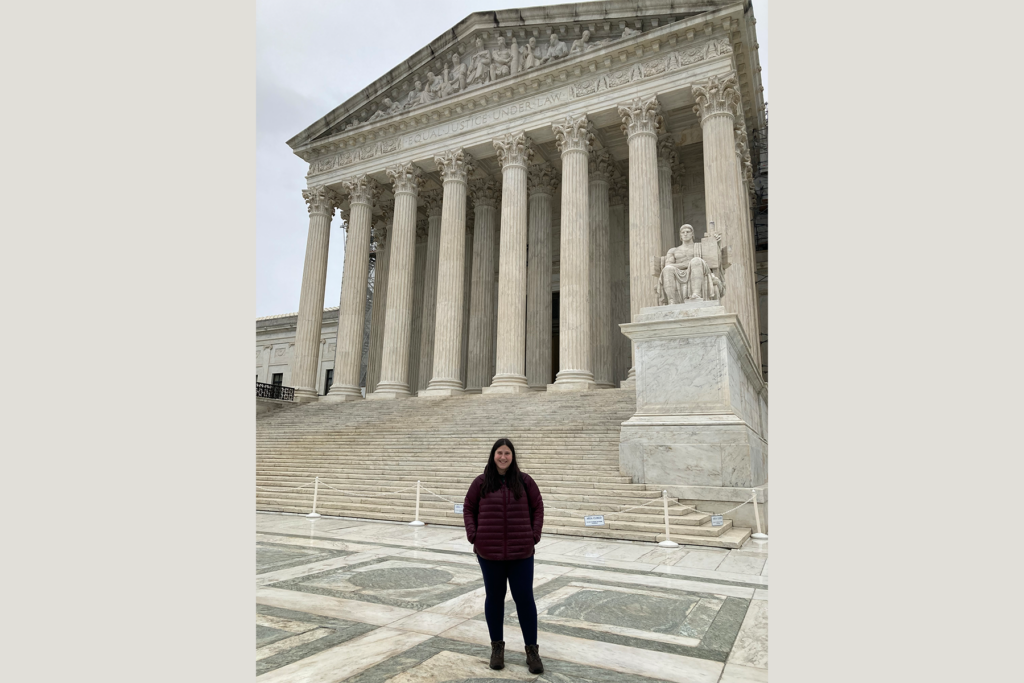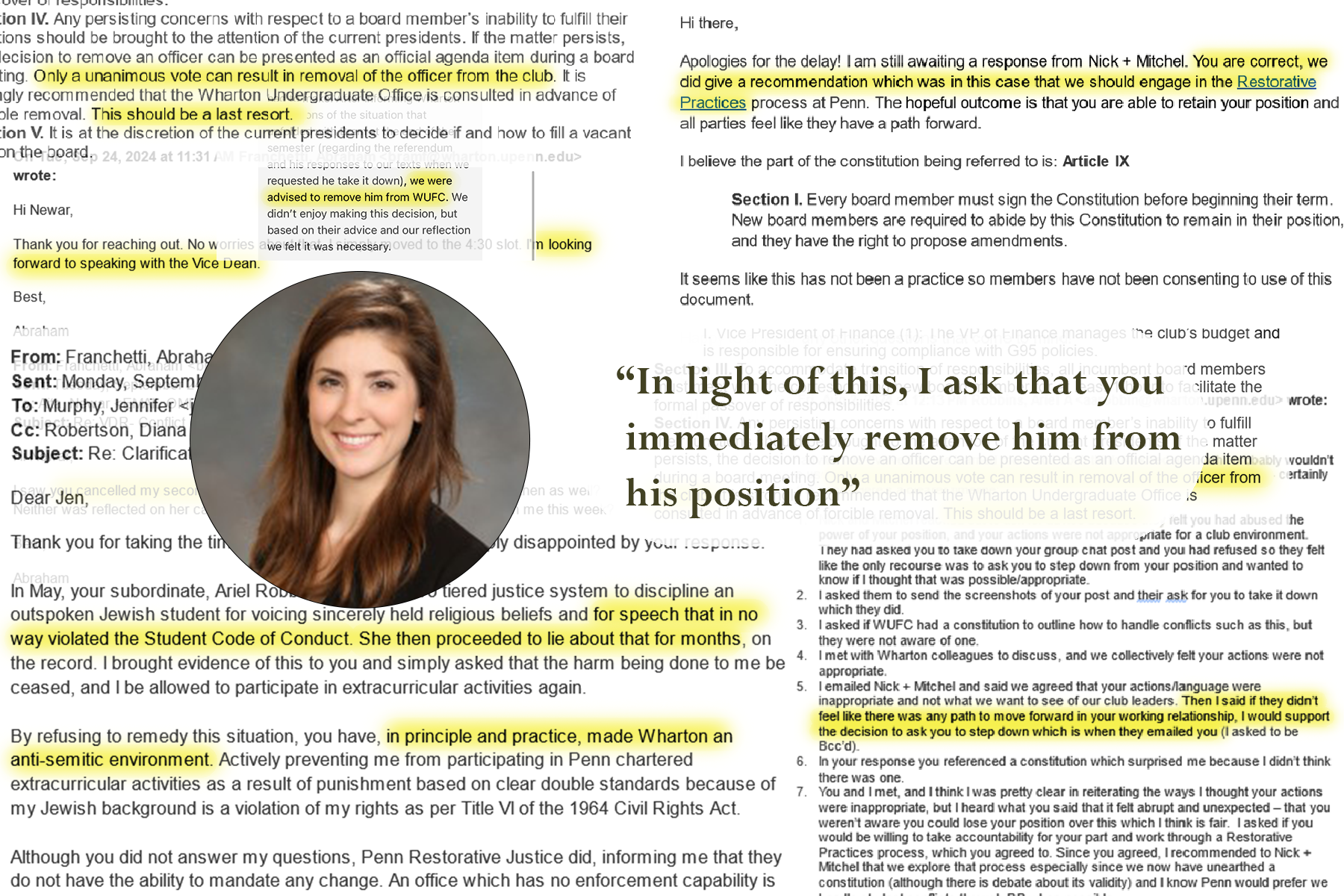A new biweekly blog breaking down the Supreme Court docket

Photo Credit: Sarah Mester
By Sarah Mester
I know during the fall that most people look forward to the start of football season or the next school break or finishing that big paper that you have put off writing, but this year I have looked forward to something else entirely—the start of the Supreme Court term on October 7. I realize that may seem unusual, but after listening to nearly every argument last term, I have sorely missed puzzling out the logic of whatever case I was listening to and occasionally, but more often than you might think, laughing at a light-hearted quip from the bench.
I understand, however, that a vast majority of the student body has neither the time nor the will to spend as much time as I do following our most disregarded yet critical third branch of government. I hope to serve that audience by launching a new biweekly column titled may it please the Court that will provide a concise, understandable summary of each case on the docket. I chose the name as a nod to the phrase that every lawyer must start their oral argument with: “Mr. Chief Justice, and may it please the Court”. Fittingly, every post will also highlight a funny, embarrassing, or otherwise not so serious exchange from a recent oral argument. And yes, those do exist—the Supreme Court can occasionally be less than perfectly serious.
I will give an example as a preview from Gonzales v. Google LLC—a case argued in the winter of 2023 about social media content and platform liability. Chief Justice John Roberts had proposed a hypothetical scenario to test the argument being made by the counsel (i.e. the lawyer) for the petitioner Eric Schnapper, and the following exchange ensued (timestamp 24:38, edited for clarity):
Schnapper: “I — I — I’m a little concerned to know where it’s taking me. It’s a — it’s an analogy of — it’s an analogy of sorts. ”
Roberts: “That’s what we call — that’s what we call questions.”
Schnapper: “But — but I still — I mean, I’m going to — at some point, I’m going to go yes, but you still have to fit it within the four walls of the statute. Perhaps you could — you could tell me what lies ahead. I think I could — I mean, sure, it’s an analogy of sorts, but — ”
Roberts: “What lies ahead is, ‘I give up, Your Honor.’”
Look out for the first regular edition of may it please the Court on October 21. I encourage anyone wanting to learn more about a particular case to check out SCOTUSblog—the award winning and highly respected blog covering the Supreme Court. I will not be providing my own legal analysis, but I nonetheless hope that this blog will make the work of the Court more accessible to the average audience and encourage a more well informed, nuanced understanding of what the Court does on a day by day basis.

Sarah Mester is a senior in the College studying Political Science and Classics from San Francisco, CA. She’s the Assistant News Editor for The Pennsylvania Post. Her email is smester@sas.upenn.edu.




